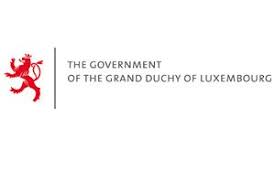the process, for example, through peer reviews or via a professional regulatory body. Independent quality assurance review reports should be the main source for assessing whether audit standards are generally adhered to.
Dimension 30.2 assesses the timeliness of submission of the audit report(s) on budget execution to the legislature, or those charged with governance of the audited entity, as a key element in ensuring timely accountability of the executive to the legislature and the public. This dimension requires delays in submission of audit reports to be measured from the end of the period covered when there is no financial audit of the report, or from the date of the external auditor’s receipt of the relevant unaudited financial reports when a financial audit is involved. Where audit reports are made separately on different units of central government, the overall delay may be assessed as a weighted average of the delays on the respective units, weighted by the higher of their income or expenditure. If financial reports provided to the external auditor are not accepted, but are returned for completion or corrections, the actual date of submission is the date on which the external auditor considers the financial reports complete and available for audit.
Dimension 30.3 assesses the extent to which effective and timely follow-up on external audit recommendations or observations is undertaken by the executive or audited entity. Evidence of effective follow up of the audit findings includes the issuance by the executive or audited entity of a formal written response to the audit findings indicating how these will be or already have been addressed, for example, a management letter. Reports on follow-up may provide evidence of implementation by summing up the extent to which the audited entities have cleared audit queries and implemented audit recommendations or observations. Note that follow-up to recommendations issued by the legislature is assessed separately under PI-31.
Dimension 30.4 assesses the independence of the SAI from the executive. Independence is essential for an effective and credible system of financial accountability, and should be laid down in the constitution or comparable legal framework. In practice, independence is demonstrated by the arrangements for the appointment (and removal) of the Head of the SAI and members of collegial Institutions, noninterference in the planning and implementation of the SAI’s audit work, and in the approval and disbursement procedures for the SAI’s budget. The SAI’s mandate should cover every central government activity and enable the SAI to carry out a full range of audit activities, specifically financial, compliance and performance audits. The SAI should have unrestricted access to documents, records and information. It should be noted that performance audits are covered by PI-8, whereas PI-30 is focused on audits of the government’s annual financial reports.





